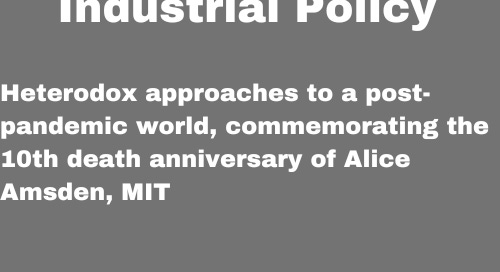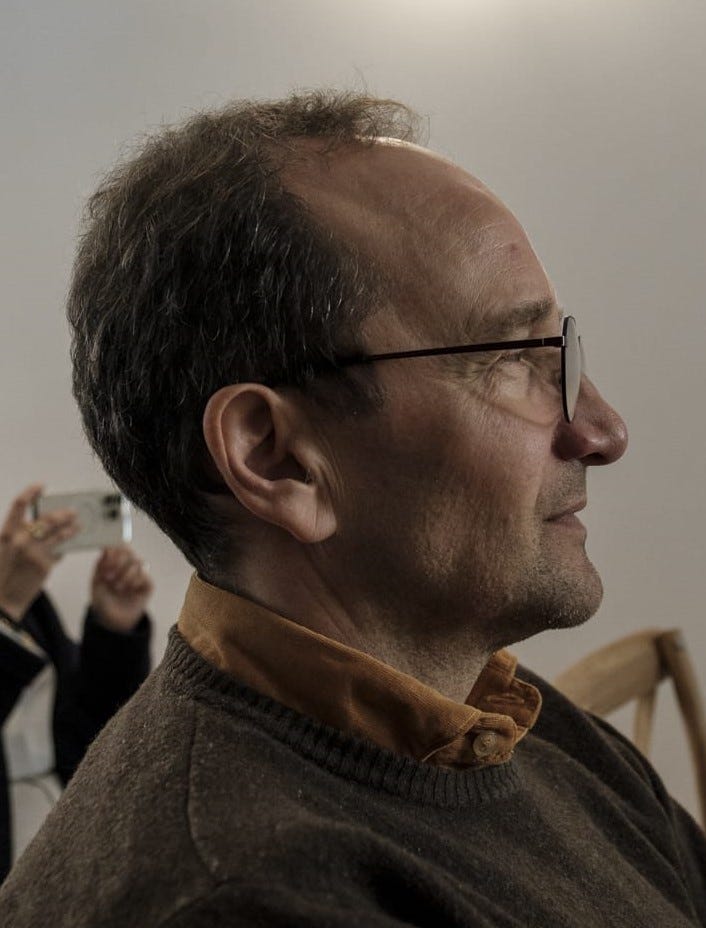Tito Bianchi works for the Department of Cohesion Policy of the Italian Presidency of the Council of Ministries as a senior policy analyst and evaluation expert. In the policy-making process, he is engaged in different capacities in the design of domestic and EU-funded strategies, programs, and plans, aimed at promoting industrial research and technological transfer, Small enterprise competitiveness and innovation, Local economic development, and the valorization of assets confiscated to organized crime. In evaluation, he alternatively performs the different roles of designing, overseeing, conducting evaluation; disseminating, or absorbing the results of evaluation work. He holds two Master's degrees and a Ph.D. (2002) in regional development at the Massachusetts Institute of Technology. Has conducted and published applied research on the effectiveness of economic development policies in Italy and internationally.
This podcast is part of the series Heterodox Approaches. Tito discusses his paper on Judith Tendler and Albert O. Hirschman, In Good Intellectual Company: How Judith Tendler interpreted and extended Albert Hirschman’s tradition, History of Economic Thought and Policy, 2/2018 95-112. In particular, he focuses on their shared ideas on trespassing and possibilism. He discusses the similarities between Alice Amsden and Judith Tendler and their different approaches to studying state intervention and development policy. He expands on Tendler’s approach to research and evaluation, her politics, and her style of engaging with students. He also reflects on Urban Planning at MIT and how it housed the “misfits” in social sciences.













Share this post